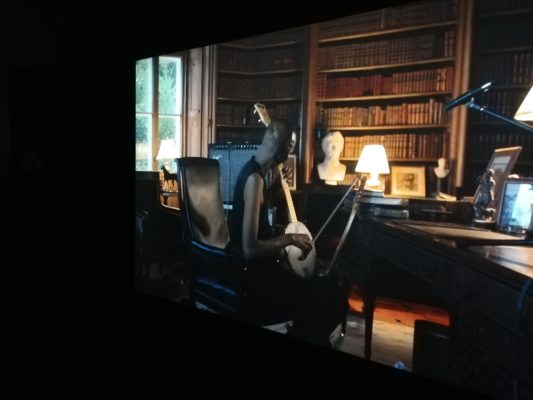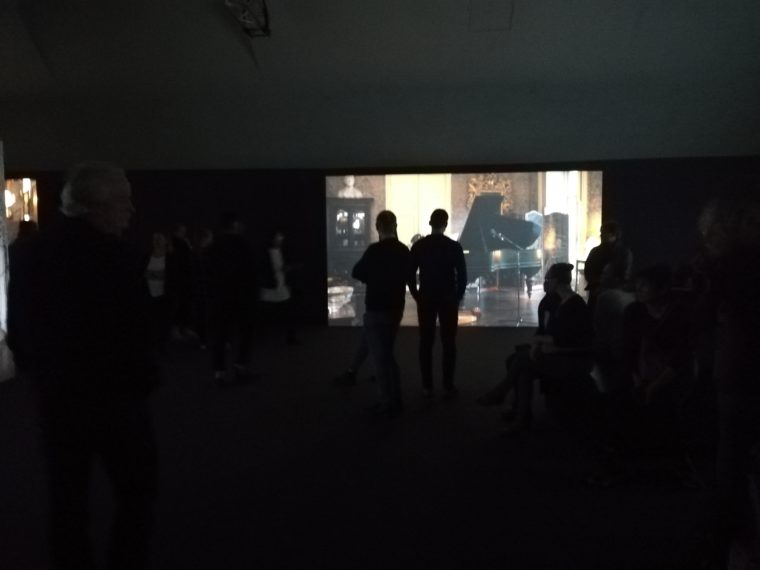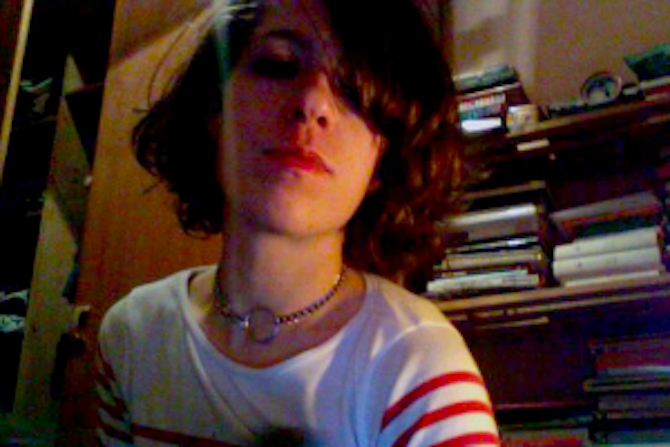Search
To search for an exact match, type the word or phrase you want in quotation marks.
A*DESK has been offering since 2002 contents about criticism and contemporary art. A*DESK has become consolidated thanks to all those who have believed in the project, all those who have followed us, debating, participating and collaborating. Many people have collaborated with A*DESK, and continue to do so. Their efforts, knowledge and belief in the project are what make it grow internationally. At A*DESK we have also generated work for over one hundred professionals in culture, from small collaborations with reviews and classes, to more prolonged and intense collaborations.
At A*DESK we believe in the need for free and universal access to culture and knowledge. We want to carry on being independent, remaining open to more ideas and opinions. If you believe in A*DESK, we need your backing to be able to continue. You can now participate in the project by supporting it. You can choose how much you want to contribute to the project.
You can decide how much you want to bring to the project.

These days can be seen at the Kiasma museum in Helsinki, The Visitors.
I went to see it on the first Friday of November, when, as every first Friday of the month, admission to Kiasma is free. Which means crowds in the museum. But with The Visitors, the crowd reinforced the performative part of the work, its fragility and power. For once, visiting an expo surrounded by many people is not disturbing, but accompaning.
Ragnar Kjartansson’s The Visitors begins softly; a room with several screens, one by one, is turned on, showing a scene, a fixed frame where different rooms of the same house appear. One by one the characters enter the scene, get ready, start singing and playing a different musical instrument. The play can be walked around and, depending on which screen you pass or stop in front of, you hear a voice and instrument standing out from the rest. But all the musicians are playing and singing the same song, adding voices.
To describe this work by Ragnar Kjartansson with a text is like trying to describe the embrace of a loved one. It can be narrated, but no word feels the same as that embrace. The strong part of the work is the music itself, played, by the way, by friends of the artist, Icelandic musicians from groups like Múm or Sigur Ros. While describing music with words is like describing hugs, the lyrics of the song, based on repetition, penetrates through the skin. So maybe the words count, they affect:
Once again I fall into. My feminine ways. You protect the world from me as if I’m the only one who’s cruel. You’d been taken me to the bitter end. Once again I fall into. My feminine ways. There are stars exploding and there is nothing you can do.
The work begins slowly and quietly, you can control it, navigate at your own pace. But when the music climaxes to pure emotion, when all the voices and instruments are one symphony, there are no longer any possible defenses. When you want to realize it, you no longer have barriers, you have already fallen. The music is hitting you like a wave you can’t avoid. And then there’s nothing to do, the tears are slipping down your cheeks. There is some discomfort in being vulnerable surrounded by strangers. But sideways, in the dark, you could see other people with wet eyes, sighing and sipping the fluids that accompany the tears.
Then you know that you were not alone feeling all that, that we were all accompanied. Each one of us fell again in his own ways and holes, each one brought his personal struggles, defeats and triumphs that colored that song with an intimate color. Like the musicians in the play, each one was in his room, with his voice, instrument and way of feeling. But playing the same song, in the same house.
The Visitors ends with each character leaving his room and gathering all in the same room. The rest of the screens have been left in the dark, turned off. In the meeting is also the celebration, the friendship, the laughter that destens. And in that moment all the people ended up gathered in front of the same screen, all the bodies close to each other, silently celebrating the same experience that had crossed us in different ways. In shared solitude.


Irina Mutt she keeps on quoting Annie Sprinkle.
"A desk is a dangerous place from which to watch the world" (John Le Carré)